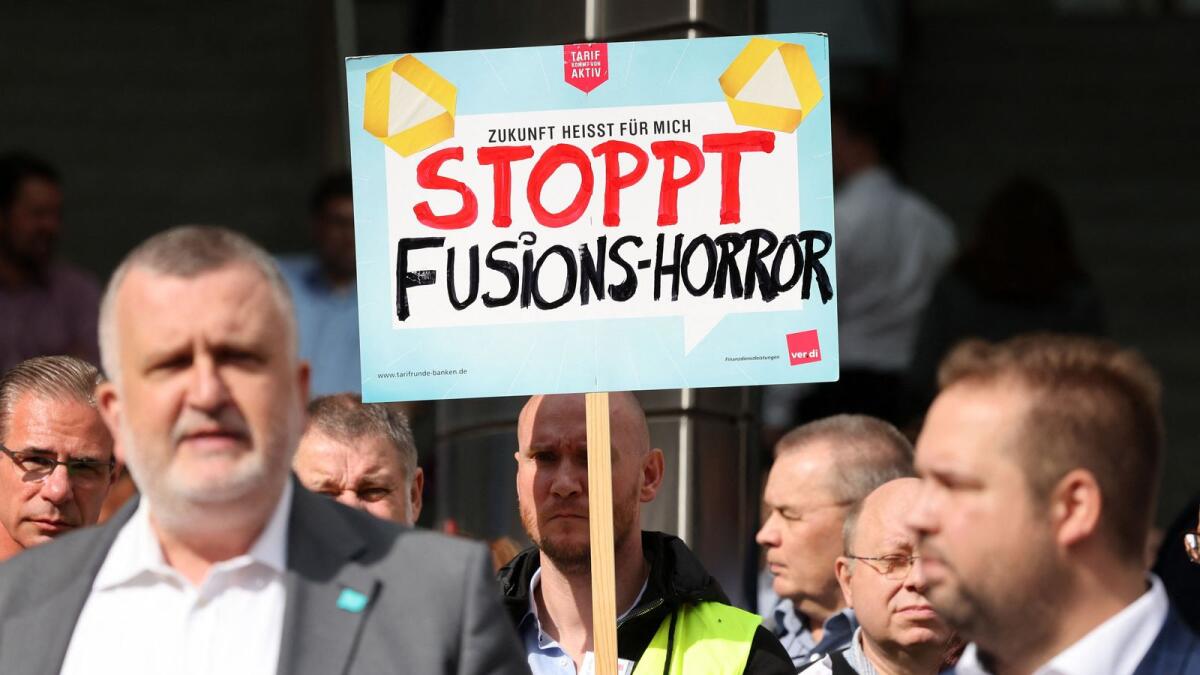UniCredit Chief Executive Andrea Orcel’s stakebuilding in Commerzbank, Germany’s second-largest lender, has garnered opposition from Germany’s political establishment. Despite the politicians’ displeasure, Orcel appears determined to pursue a transformative deal for the European banking sector. The German government recognises that there are limited legal options to stop Orcel’s ambitious plans. Chancellor Olaf Scholz and Friedrich Merz, potential future chancellor, have publicly expressed concerns over the potential takeover of Commerzbank by UniCredit.
With an election approaching, German politicians are cautious about potential job losses and the loss of control over Commerzbank, a key lender to the country’s small and medium-sized businesses. While resistance to the takeover could involve rallying shareholders or using legal tactics to block the deal, such strategies may face limitations. The European Central Bank (ECB) has been pushing for more cross-border mergers to strengthen the eurozone banking sector, with investor pressure urging Germany to consider the broader implications beyond national interests.
The German government, holding a 12% stake in Commerzbank, may have some influence as an anchor investor. M&A lawyer Christoph Schalast believes UniCredit is unlikely to pursue a hostile takeover without the support of Commerzbank’s board and shareholders. Commerzbank’s management and supervisory boards are expected to present a compelling strategy to counter UniCredit’s advances. Currently, the ECB holds the key to UniCredit’s request for clearance to increase its stake in Commerzbank, close to triggering a mandatory takeover.
As the situation unfolds, the focus shifts to the ECB’s decision on UniCredit’s request, which could determine the direction of the potential takeover. While the German government may exert informal pressure on Italy to hinder or stop the deal, its authoritative power is limited in this scenario. Italian Foreign Minister Antonio Tajani has lauded UniCredit’s bold move, indicating support from Italy for the bank’s actions. It remains to be seen how the various stakeholders navigate the complexities surrounding the potential merger, as both sides strategize in anticipation of the regulatory hurdles and challenges ahead.











